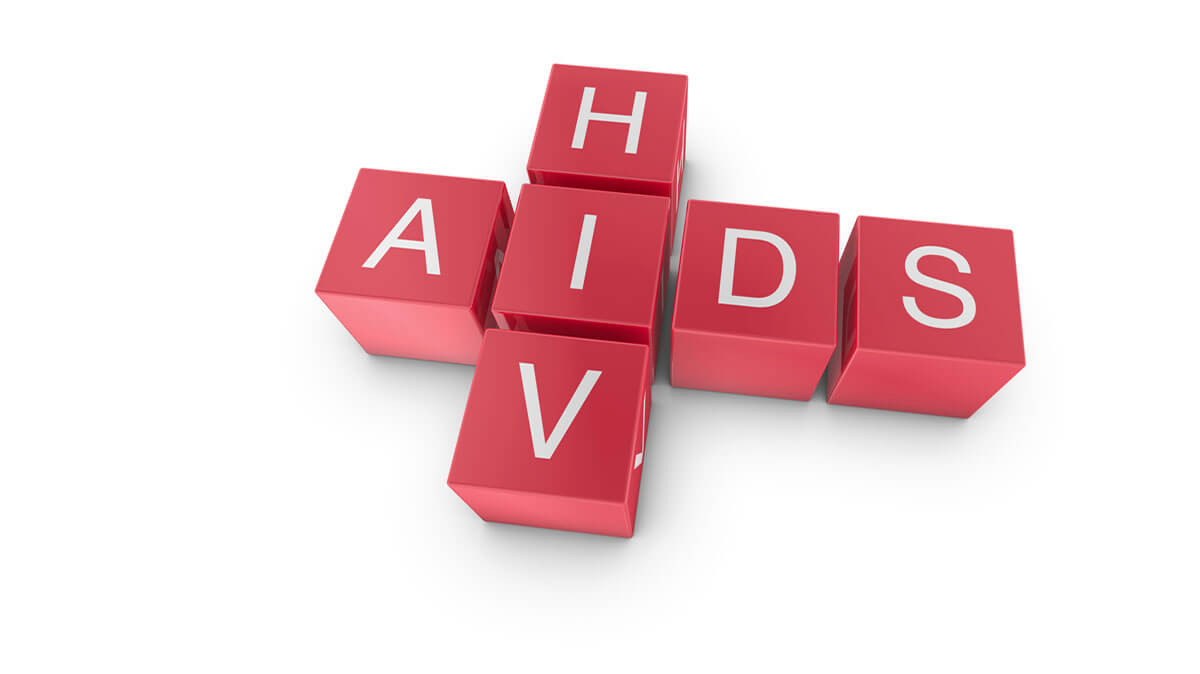
THE Chinaka Border area in Honde Valley, Manicaland province, has been flagged as a high-risk zone for new HIV infections, child sexual exploitation and teenage pregnancies due to rampant illegal border crossings.
The revelation was made during the Not in My Village campaign hosted by the National Aids Council (Nac) at the Chinaka Border Health Post yesterday.
Reports indicate that Mozambicans are primarily responsible for eloping with young Zimbabwean girls, some as young as 14.
The illegal crossings have not only facilitated these exploitative practices, but have also contributed to a rise in HIV infections and teenage pregnancies within the community.
The Not in My Village campaign aims to combat issues like child marriages, teenage pregnancies and gender-based violence, which fuel the spread of HIV and Aids.
Nac Manicaland provincial manager Artwel Shiridzinomwa emphasised the need for grassroots initiatives to initiate change.
“The campaign is based on the premise that change starts at the grassroots level, where people can influence their communities and culture,” Shiridzinomwa said.
“We need to work together to reduce the burden of teenage pregnancies. It is upon our shoulders. The Not In My Village campaign aims to raise awareness, mobilise action and empower community gatekeepers to end child marriage in rural areas like Chinaka Border.”
- Zim wins bid to host ICASA 2023
- An extraordinary tale of perseverance
- Poverty drives Epworth women into sex work
- NAC urged to tame new HIV infections
Keep Reading
Nac co-ordinator for Mutasa district, Eria Mujima, echoed the same sentiments, highlighting the dire circumstances facing adolescent girls and young women in the region.
“It is a call for action from our traditional leaders and all stakeholders,” he said.
“Chinaka Border is leading in early pregnancies and child marriages, becoming a hotspot for HIV due to cross-border activities,” Mujima said.
Traditional leaders are equally concerned about the rising incidences of HIV and early child marriages.
Headman Tonderai Mandeya, who oversees the Chinaka Border area, described the situation as a violation of human rights that undermines the health and educational prospects of the youth.
“As traditional leaders, we need to realise that early child marriages and teenage pregnancies are violations of human rights,” Mandeya said.
“Men from Mozambique come here, elope with young girls and in some cases, leave them pregnant and abandoned. We must collaborate with the Judiciary and government departments to prevent these practices,” he said.
Mandeya urged community leaders to be proactive in addressing these issues, emphasising the importance of spreading awareness to combat this growing menace.
Nac and local leaders are calling for urgent action to protect the vulnerable youth in Chinaka Border, stressing that immediate measures are necessary to curb these troubling trends.










